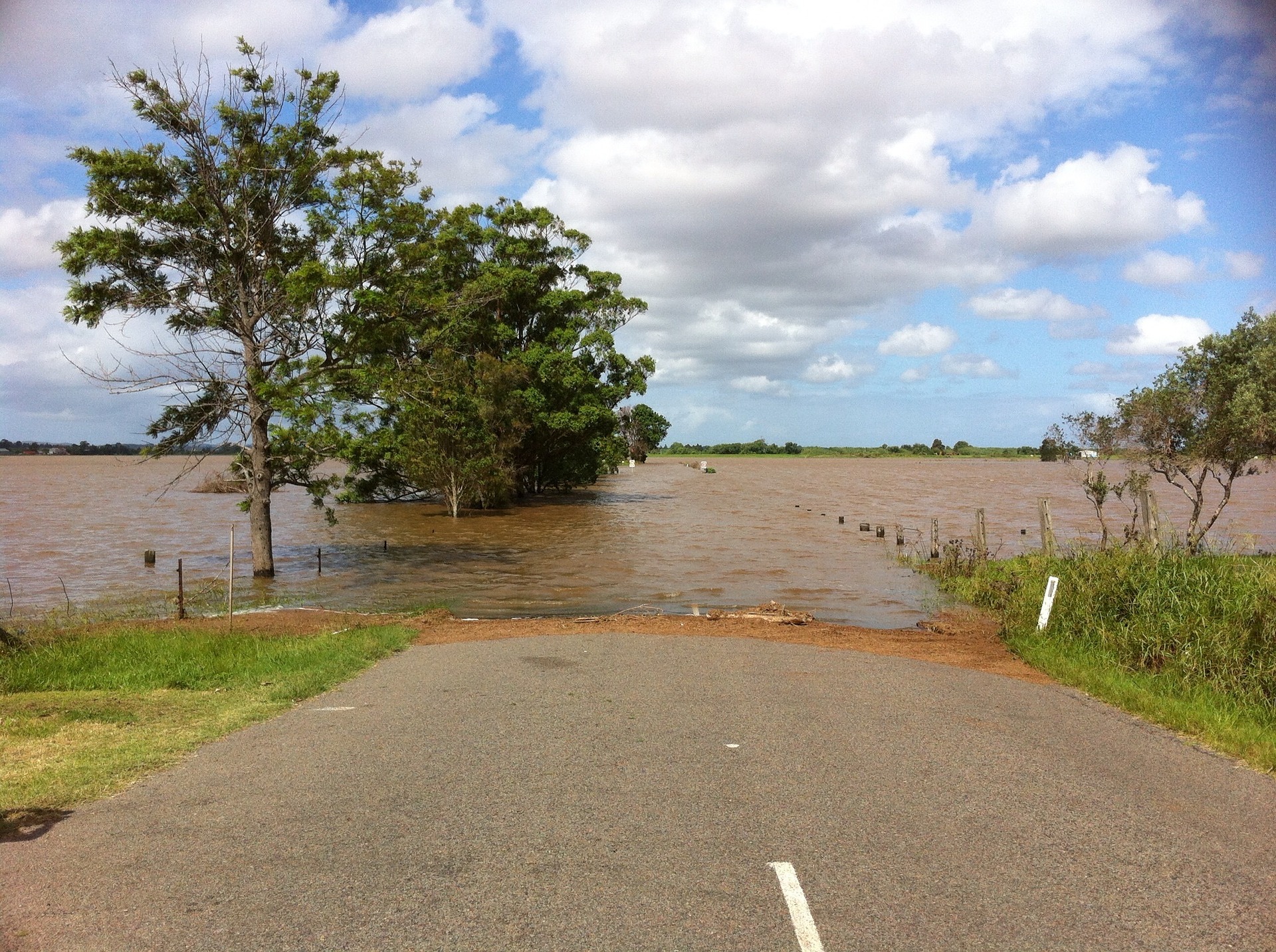Resumen
Las inundaciones son un tipo de "desastre natural" resignificados en el contexto actual de cambio climático. El abordaje del mismo tiene múltiples aristas tanto desde un aspecto técnico/científico como asimismo para establecer competencias/responsabilidades y acciones de las distintas instancias que la Constitución Nacional determina. Este trabajo se desarrolla en el marco de un Proyecto de Desarrollo Tecnológico y Social (PDTS) entre la UNTREF y el Gobierno de la Provincia de Tucumán y su objetivo general es establecer una metodología y analizar las regiones inundadas en la cuenca baja del Río Marapa, en el sur de Tucumán, evaluándose el posible aporte de metales pesados (MP), brindando herramientas para discusiones de cambio climático donde se definirán las medidas gubernamentales a seguir.
Se muestran los resultados de objetivos parciales del proyecto marco. En particular se desarrolla la metodología para la determinación de la línea ambiental base del suelo y se discute su importancia, dado que la misma funcionará como referencia para todo el análisis posterior. Se describen asimismo los aspectos de la primera campaña experimental, metodología de tomas de muestras, técnicas de caracterización y se discuten resultados preliminares.

